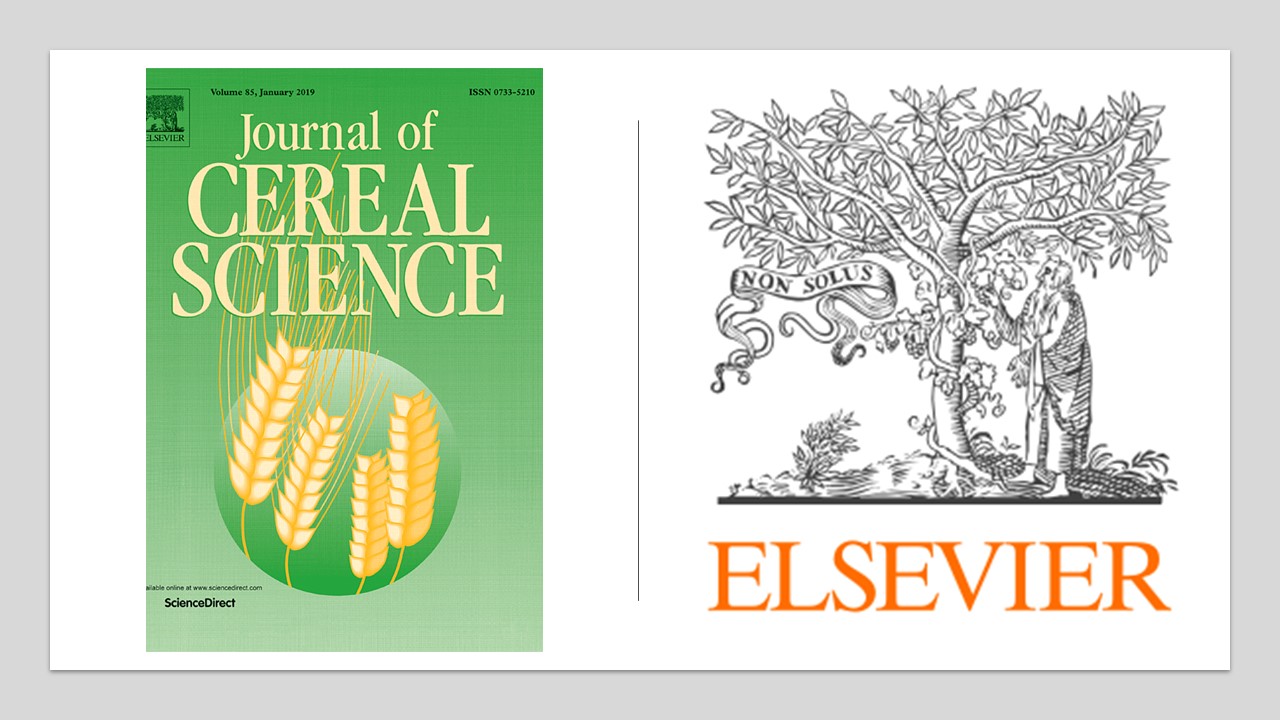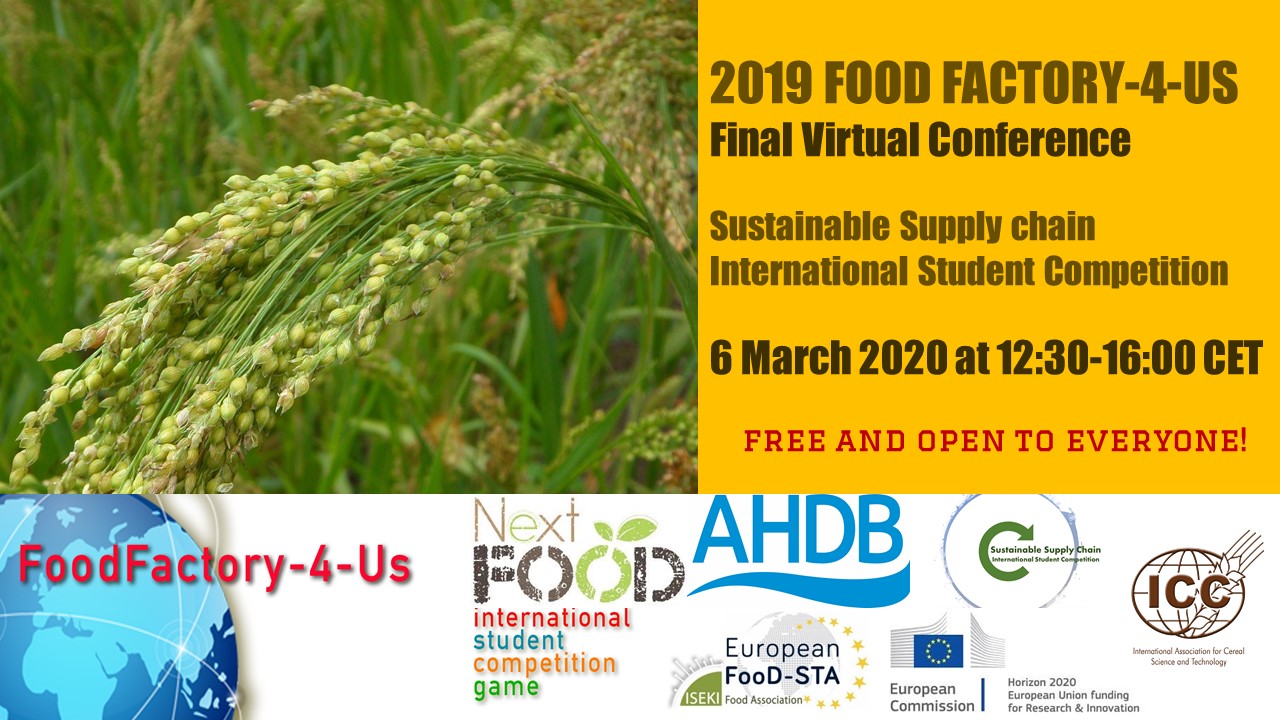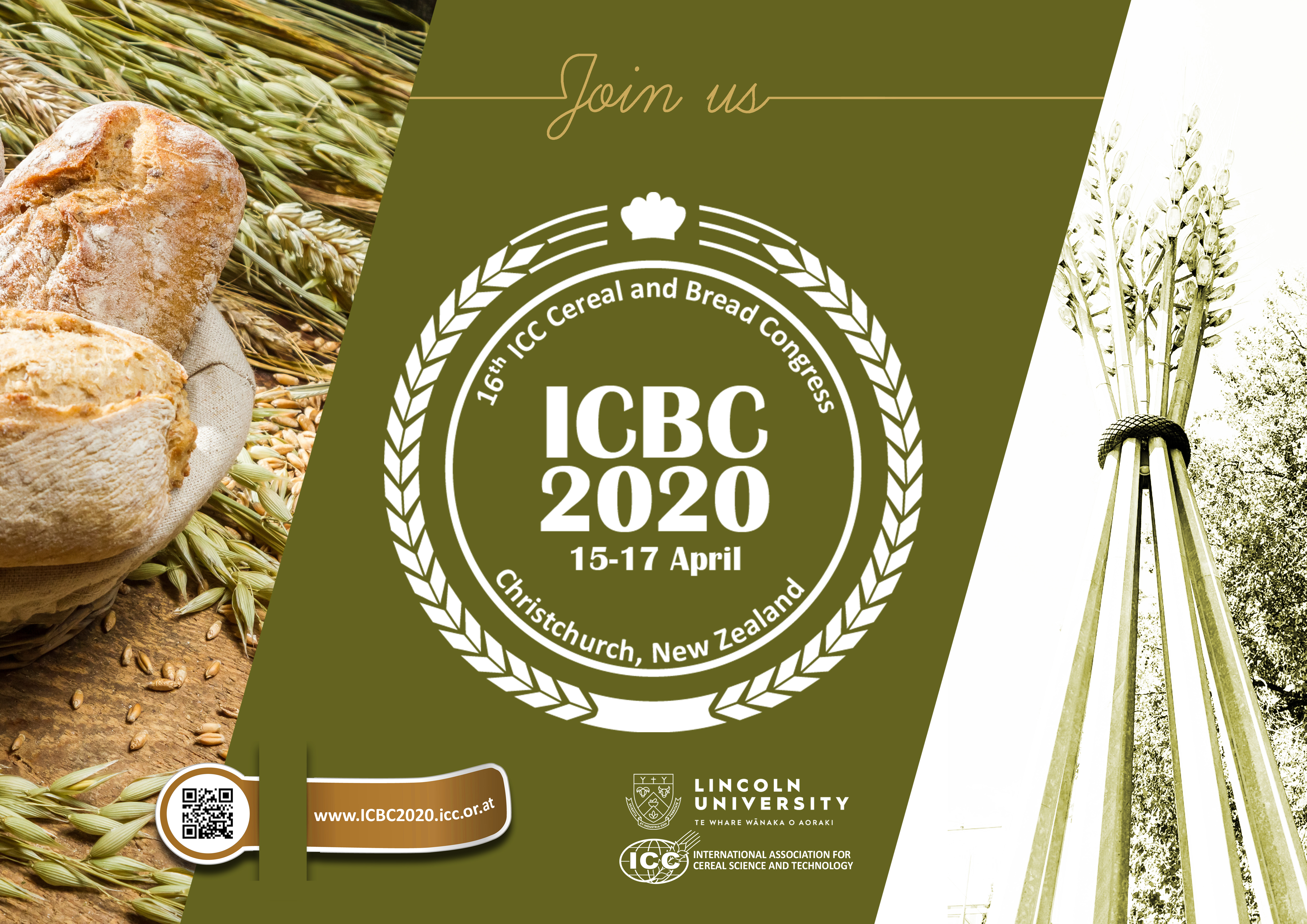Volume 92 of the Journal of Cereal Science is now published! The Journal of Cereal Science, the official Journal of ICC, provides an International forum for the publication of original research papers of high standing covering all aspects of cereal science. ICC Members benefit from reduced subscription fees - contact the ICC Headquarters for more details! Read more about it at the Journal Website
Here are some highlights from this issue:
- Evaluation of rice as unregulated hidden allergen by fast real-time PCR; Pierboni et al.
- Acetylation of intact white rice grains to alter the physicochemical properties; Nawaz et al.
- The nutritional components and physicochemical properties of brown rice flour ground by a novel low temperature impact mill; Yan et al.
- Effect of aging at different temperatures on LAOS properties and secondary protein structure of hard wheat flour dough; Turksoy et al.
- Effects of cold temperature on starch molecular structure and gelatinization of late-maturity alpha-amylase affected wheat; Neoh et al.
- Investigation on morphological structure and crystal transition of maize starch gelatinized in pure glycerol; Xu et al.
- Effect of thermal packaging temperature on Chinese steamed bread quality during room temperature storage; Xu et al.
- Multi-elemental analysis of flour types and breads by using laser induced breakdown spectroscopy; Akin et al.
- Polysaccharide isolated from fermented barley activates innate immune system and anti-tumor metastasis in mice; Jo et al.
- Structural characterization and antioxidant activity of condensed tannins fractionated from sorghum grain; Jiang et al.
- Both genetic and environmental conditions affect wheat grain texture: Consequences for grain fractionation and flour properties; Lullien-Pellerin et al.
- Characterization of the FODMAP-profile in cereal-product ingredients; Ispiryan et al.
- Effect of stir-frying on oat milling and pasting properties and rheological properties of oat flour; Qian et al.
- Effects of roller and hammer milling on the yield and physicochemical properties of fibre-rich fractions from biofortified and non-biofortified hull-less barley; Acar et al.
- Effects of different extraction methods on the structural properties and bioactivities of polysaccharides extracted from Qingke (Tibetan hulless barley); He et al.
- Crucial role of amylose in the rising of gluten- and additive-free rice bread; Aoki et al.
- Optimisation of droplet digital PCR for determining copy number variation of α-gliadin genes in mutant and gene-edited polyploid bread wheat; Jouanin et al.





